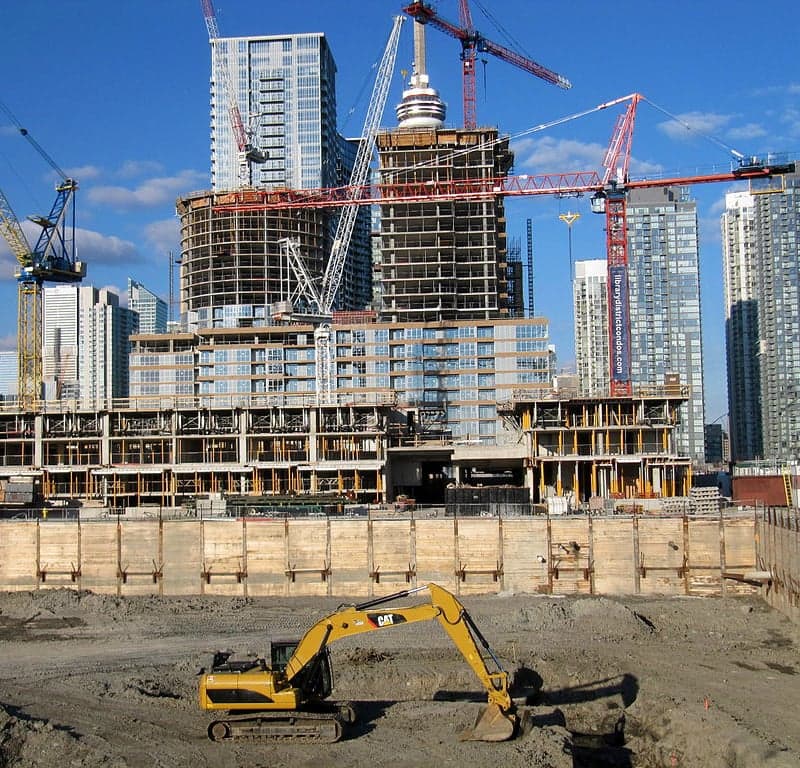Published:
The first thing a visitor to China notices is how fast most things move. It seems every week or so, a new high-speed rail line is opening somewhere in the country. Building construction takes place around the clock, with new housing blocks rising out of what were empty lots the last time you looked.
Need a new subway line? One will be whipped up in a few years, not decades, like it takes in the US—if it can be done at all. In the big cities, anyway, life looks like it does in those speeded up films. Fast and faster.
That’s why it’s hard to understand why official promises to open the China market more to foreigners takes so darn long. The latest promise came this week from China’s president, who only recently had his term in office extended to forever, while being accorded the honorific title of helmsman, previously applied to Chairman Mao himself. Heck, if the helmsman can’t get things done in a hurry, who can?
Matter of fact, President Xi does get things done in ways that other leaders, including President Trump, can only envy (and he has). Xi’s crackdown on official corruption moved swiftly to jail offenders. Dozens of restaurants in Beijing went out of business, seemingly overnight, when laws against taking government officials out for expensive meals suddenly were enforced. Sales of expensive French wine dried up. Boy, when a command and control economy commands things to happen, things do.
People used to get excited when China’s leaders promised reforms and market opening. But those promises are getting a little stale by now, and the average Chinese citizen doesn’t pay them much mind. On New Year’s Day, China’s state-run media once again featured President Xi delivering holiday greetings and promising more reform—this time in the banking and insurance sectors. He soothingly told people that China will play an important role by shouldering more international responsibilities and generating more trade.
Earlier, Jack Ma, founder of Alibaba and one of China’s growing cadre of billionaires, promised in a speech in the US to create 200,000 jobs. Did he mean US jobs? Yes. He even repeated the promise to two presidents: Obama and Trump. How many jobs has he created so far? Apparently, almost none. And he’s stopped talking about them, gobsmacked as he was when US regulators stopped his parent company from buying a US electronic funds transfer business on national security grounds.
So, when threatened recently with punitive tariffs, allegedly for not playing fair and opening up as promised, President Xi first threatened to fight tariffs with more tariffs, sending shudders through global stock markets. He quickly followed by announcing that China would buy more, open more. But details, as usual, were as vague as clouds in a Chinese scroll painting.
You can’t help but think if China had moved faster in the first place to anticipate growing anger around the world with its trade practices, all the foot stomping and fist shaking could have been avoided. Same thing with years of promises but underwhelming action to do something. In truth, China has opened—a lot—since Richard Nixon met Chairman Mao in 1972. China joined the World Trade Organization (WTO), where it has lost some cases and won some cases. It has filed a complaint with the WTO against the US and its use of punitive tariffs. But it takes years to adjudicate these cases, and, meanwhile, anger and resentment grow, not so much over the huge surpluses that China has piled up—because those numbers are inflated by US engineered goods like cell phones that are assembled in and exported to the US from China—but because many businesspeople, in the US and elsewhere, who’ve dealt with Chinese businesspeople feel that they play by a different set of rules. It doesn’t help—but perhaps it can in the near future—that many of these businesspeople work for companies owned by the government.
We need a partnership with China based on mutual respect for people and property, trust and a common set of trade rules. China needs a partnership with us based on the same principles. The world will breathe a sigh of relief if together we succeed. A solution needs to be found sooner rather than later, perhaps an unrealistic hope given the chaos in Washington. China is good at sooner, and it’s time for their leaders to show the rest of us how it gets done.
File under






